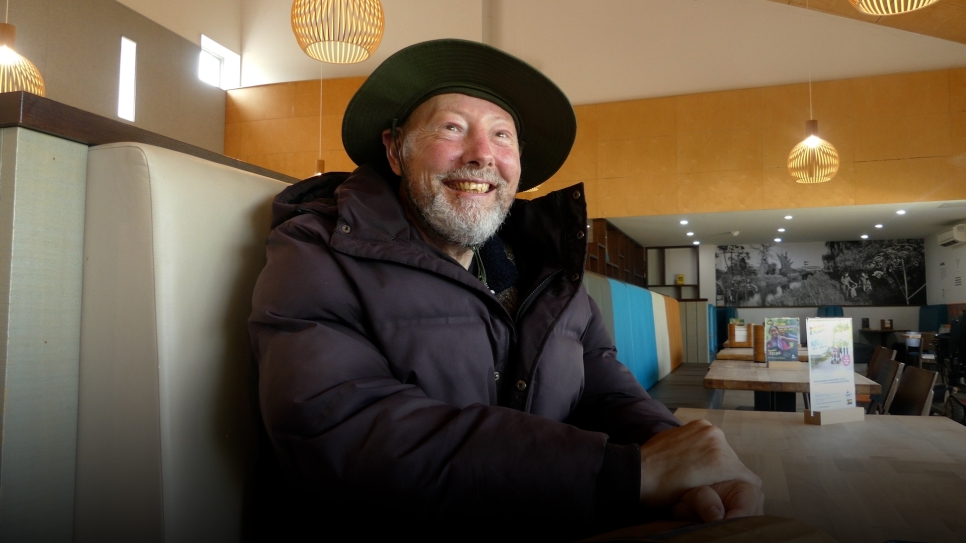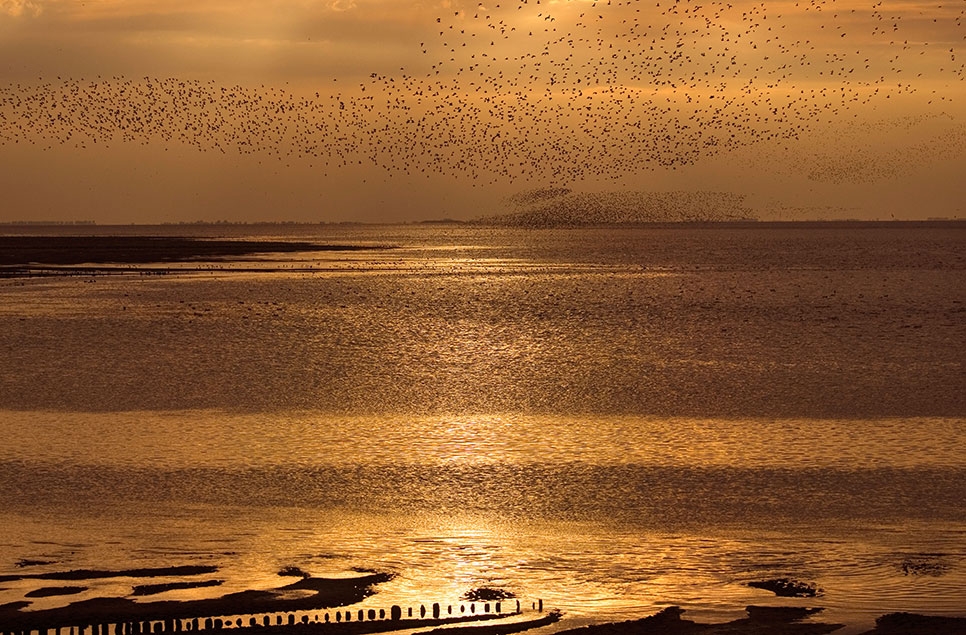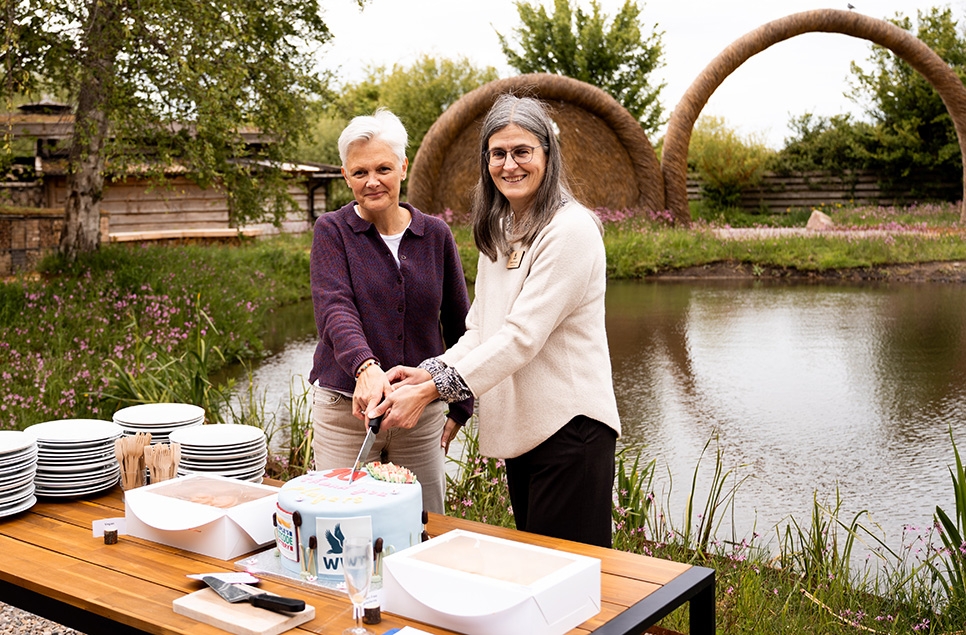Changes to UK farming unlikely to have affected Bewick's swans

Changes to UK farming practices probably didn’t cause a crash in the number of Bewick’s swans, according to new research from WWT.
The Bewick’s swan population fell by nearly 40 per cent between 1995 and 2010. The swans feed largely in farmers’ fields when they overwinter in the UK, so WWT compared the body condition of swans it has caught over 50 years to investigate whether intensification and mechanisation in farming might have led to food shortages.
But the study found no evidence to suggest swans had been prevented from getting enough food during the winter months from year to year.
WWT and partner organisations throughout the Bewick’s swans’ migratory range are continuing to research all the possible reasons for the species’ decline, including illegal hunting, poisoning, collisions and habitat loss.
WWT Principal Research Officer, Dr Kevin Wood, said:
Bewick’s swans have to leave the UK in peak condition to survive their gruelling migration to Russia and arrive ready to breed and rear cygnets during the brief Arctic summer.
Although the British countryside has changed considerably over the last half century, there’s no evidence that the swans are anything other than well fed while they’re here.
It’s good news, and we’ve eliminated one line of enquiry, which will allow us to now focus on other issues that might be affecting the swans.
We’re currently working with researchers across the swans’ range to investigate possible causes of the population decline, which saw numbers fall by almost 40% between 1995 and 2010.
Hundreds of WWT staff and volunteers have helped to catch and measure swans over the last five decades, so it’s great to be able to use the data to help examine the issues that the Bewick’s swans might face.
Two years ago, WWT’s Sacha Dench was dubbed the Human Swan when she followed the swans’ migration in a powered paraglider during the ‘Flight of the Swans’, bringing their decline to the world’s attention and rallying support in countries throughout the swans’ flyway.
Dr Wood continued:
WWT’s scientists will be joining other swan researchers from all across the world for a meeting in Estonia this autumn to discuss the swans’ plight. By working together I’m sure that we’ll uncover the problems that the swans face and how we can help them.
The research paper, titled Has winter body condition varied with population size in a long-distance migrant, the Bewick’s Swan (Cygnus columbianus bewickii)? has been published in the European Journal of Wildlife Research.



